Trinidad Cracks Down on Destructive Shrimp Trawling

As far back as 1996, the U.S.-based World Resources Institute was warning that shrimp trawling was comparable to dynamite fishing in terms of sustainability.
Unexpected Interaction Between Ocean Currents and Bacteria

For the first time, researchers have successfully demonstrated an interaction between ocean currents and bacteria: The unexpected interaction leads to the production of vast amounts of nitrogen gas in the Pacific Ocean.
West African Communities Rally Against Monster Boats
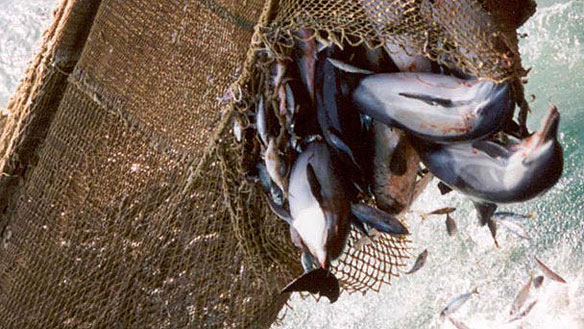
In a statement sent out in Nouakchott, Mauritania, local fishermen called on West African governments to no longer allow mega trawlers into their fisheries because of the profound impact they have on fishstocks, and local livelihoods as a result.
Slowing The Plunder of Madagascar’s Fish Stocks

The coastline of Madagascar, the world’s fourth largest island, is about 4,800km, providing it with an exclusive economic zone (EEZ) of more than 1.2 million square kilometres, but the government has no capacity to patrol, police or monitor its vast maritime asset.
Sea Otters: Combat Water Pollution And Promote Recovery of Seagrass Beds
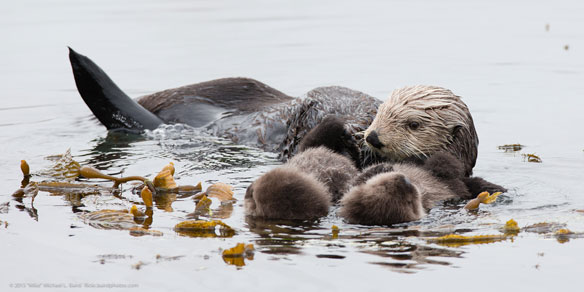
Seagrass meadows, which provide coastal protection and important habitat for fish, are declining worldwide, partly because of excessive nutrients entering coastal waters in runoff from farms and urban areas. Scientists studying the decline and recovery of seagrass beds in one of California’s largest estuaries have found that recolonization of the estuary by sea otters was a crucial factor in the seagrass comeback.
Rising Ocean Acidity Will Exacerbate Global Warming
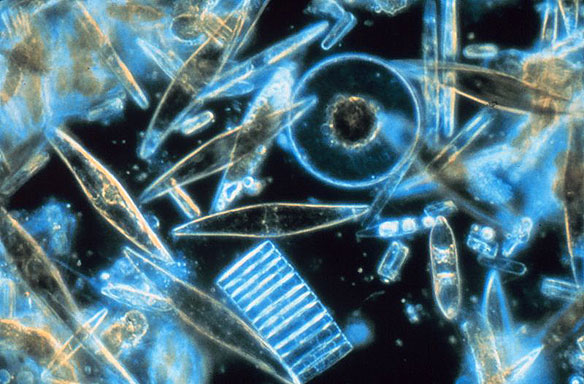
The slow and inexorable increase in the oceans’ acidity as they soak up carbon dioxide from the atmosphere could itself have an effect on climate and amplify global warming, according to a new study.
NOAA Report Highlights Climate Change Threats To Nation’s Estuaries
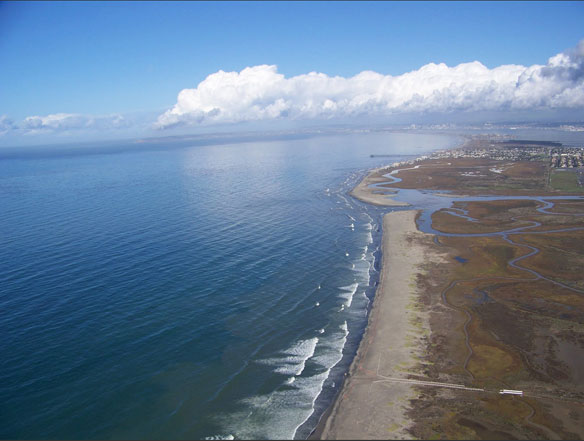
The nation’s 28 National Estuarine Research Reserves (NERR) are experiencing the negative effects of human and climate-related stressors. Almost 40 percent of all Americans, or about 123 million people, live in the counties directly along the shoreline and depend on these resources for food, jobs, storm protection, and recreation.
Environmentalists Alarmed at Tourism Plans for Small Islands
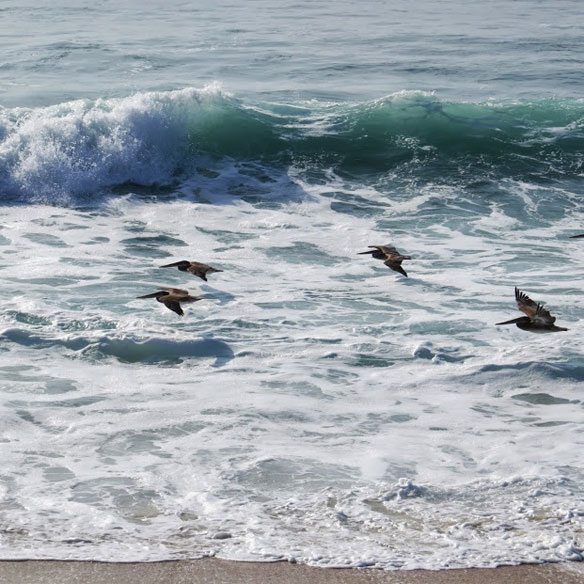
The Venezuelan government’s plans to develop tourism infrastructure on virtually uninhabited highly biodiverse small islands in the southern Caribbean have triggered warnings from environmentalists.
Back to the future: Scientists look into Earth’s “Deep Time” to predict future effects of climate change

Climate change alters the way in which species interact with one another, a reality that applies not just to today or to the future, but also to the past.
